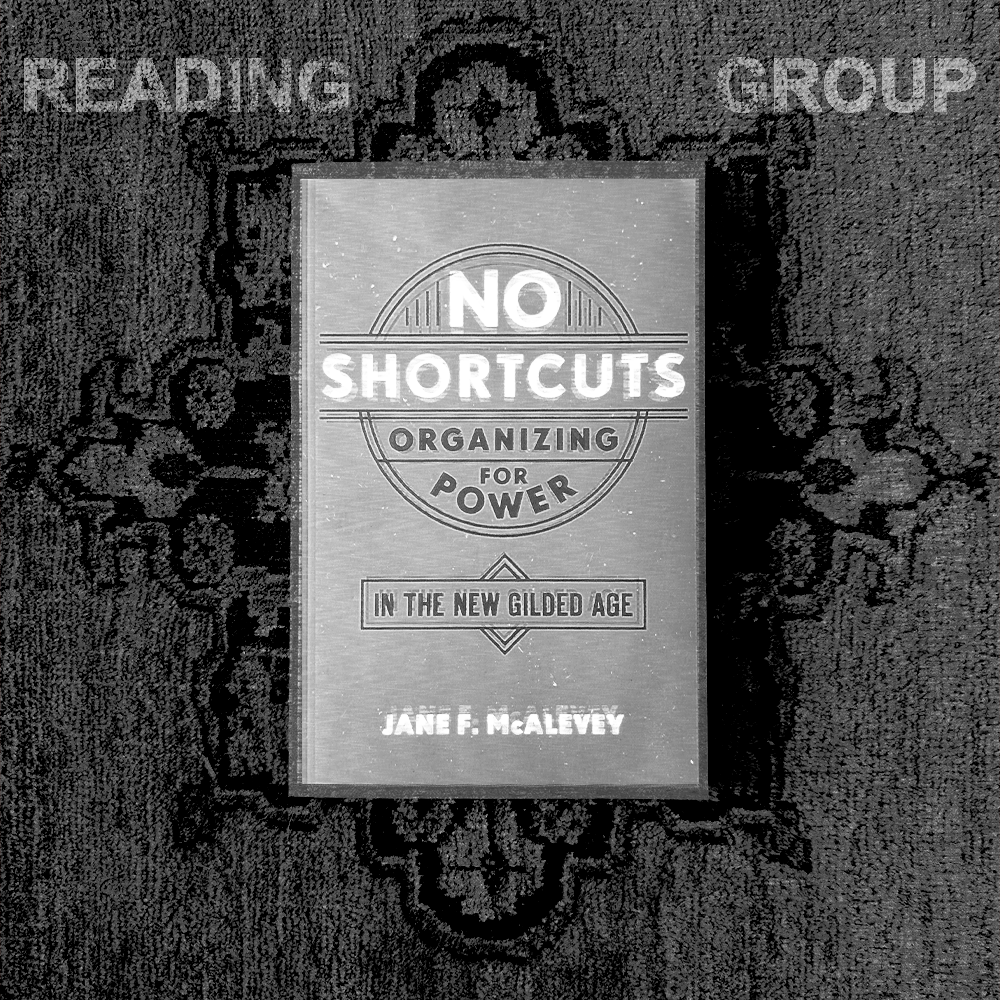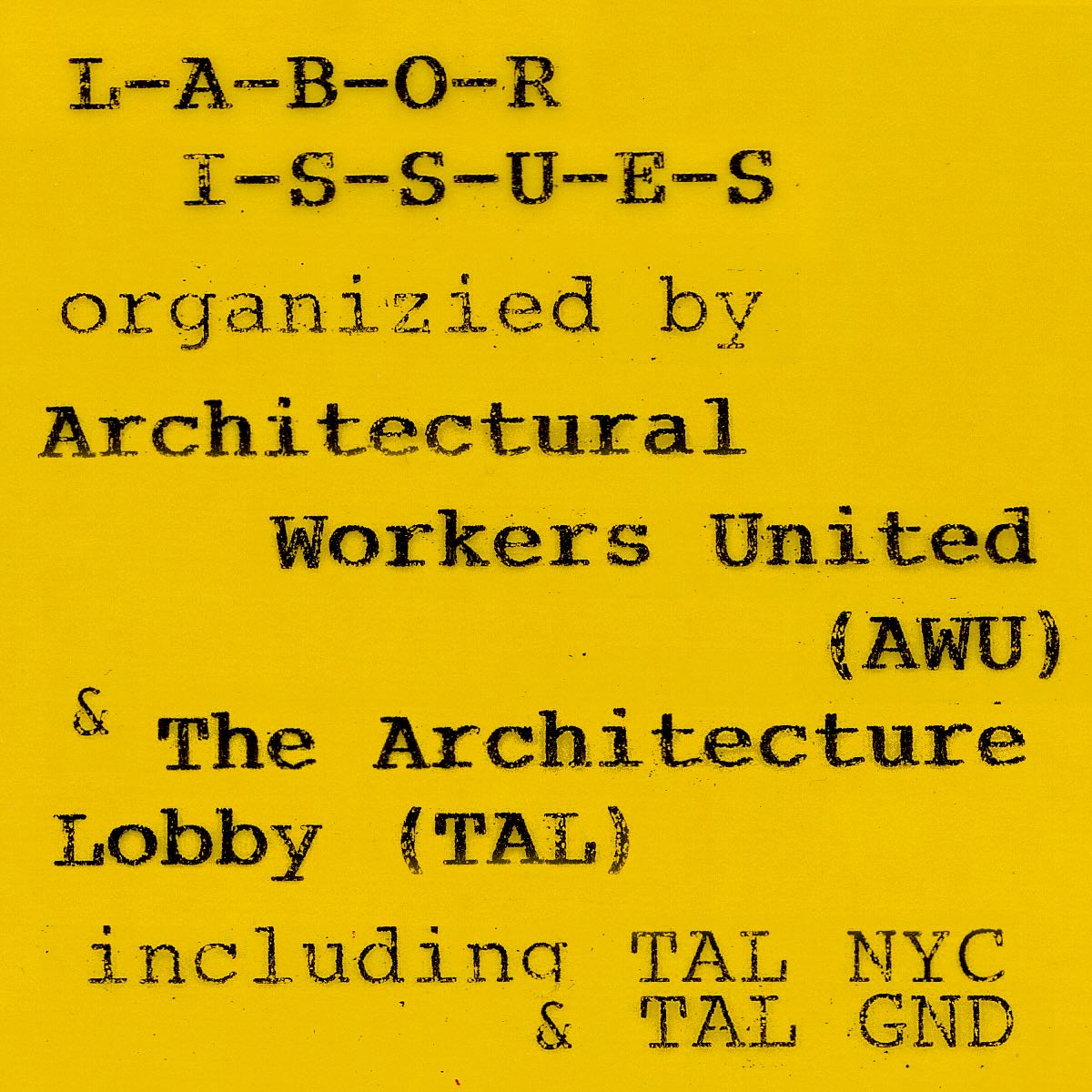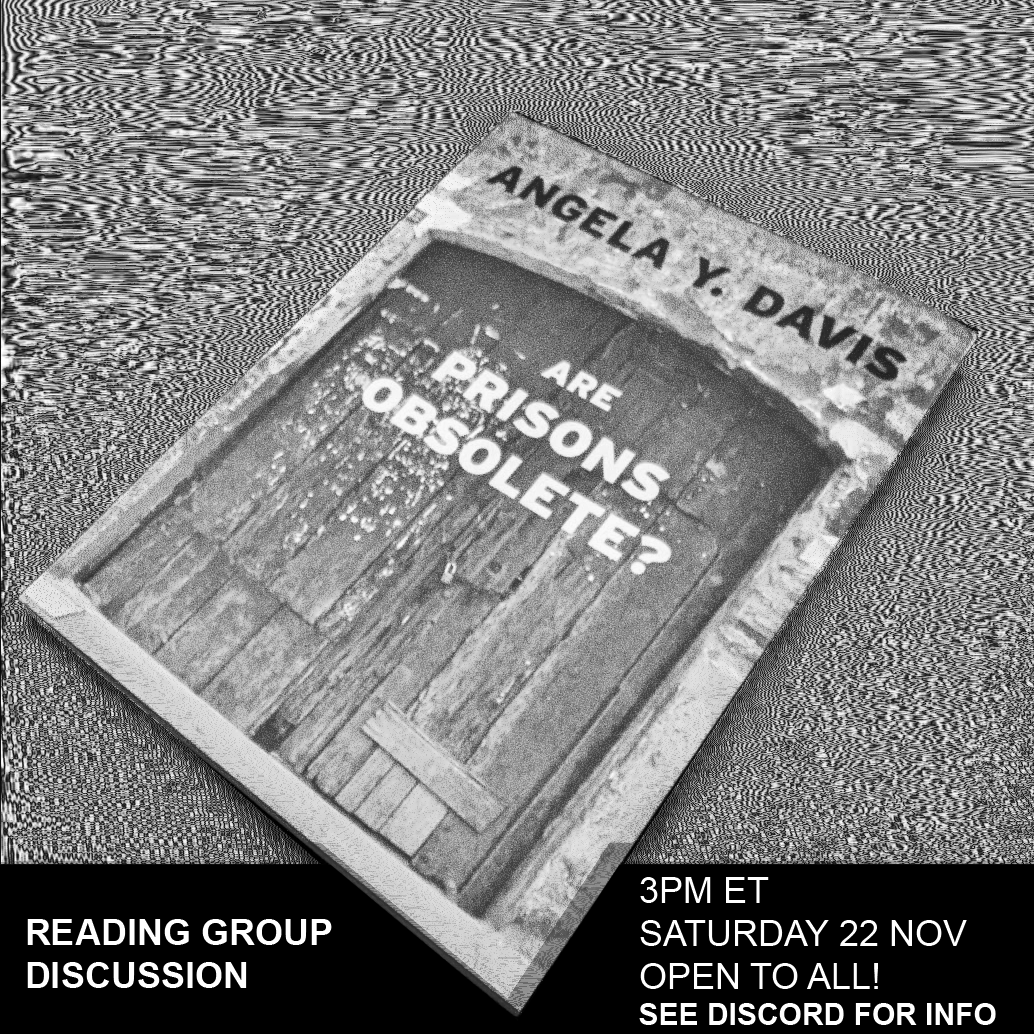We imagine urban metabolism, and how we could live and work caring for it.
During this session, we will examine this place through the lens of “eco-history” and connect urban patterns to their origins. We will discover that the city is a blend of human civilization and natural influences, often blurring the line between the two.
Our journey will take us deep into the city, where we’ll envision what a contemporary extension of its urban metabolism might resemble. We will delve into ecological challenges and brainstorm new infrastructures that would enable citizens to compassionately care for a hybrid of nature and technology, creating a more habitable environment.
Using 3D data, maps, eco-historical information, and various media, we will explore how we can integrate and reintroduce natural processes into the city. We will consider the design of these infrastructures, their potential to enhance urban living standards, and the practical aspects of maintaining them on a daily basis.
Ultimately, all the ideas we generate will contribute to an optimistic vision of urban metabolism. This vision has the potential to foster a resilient urban continuum that harmoniously blends nature and technology.
This event will be facilitated by Pino Heye



